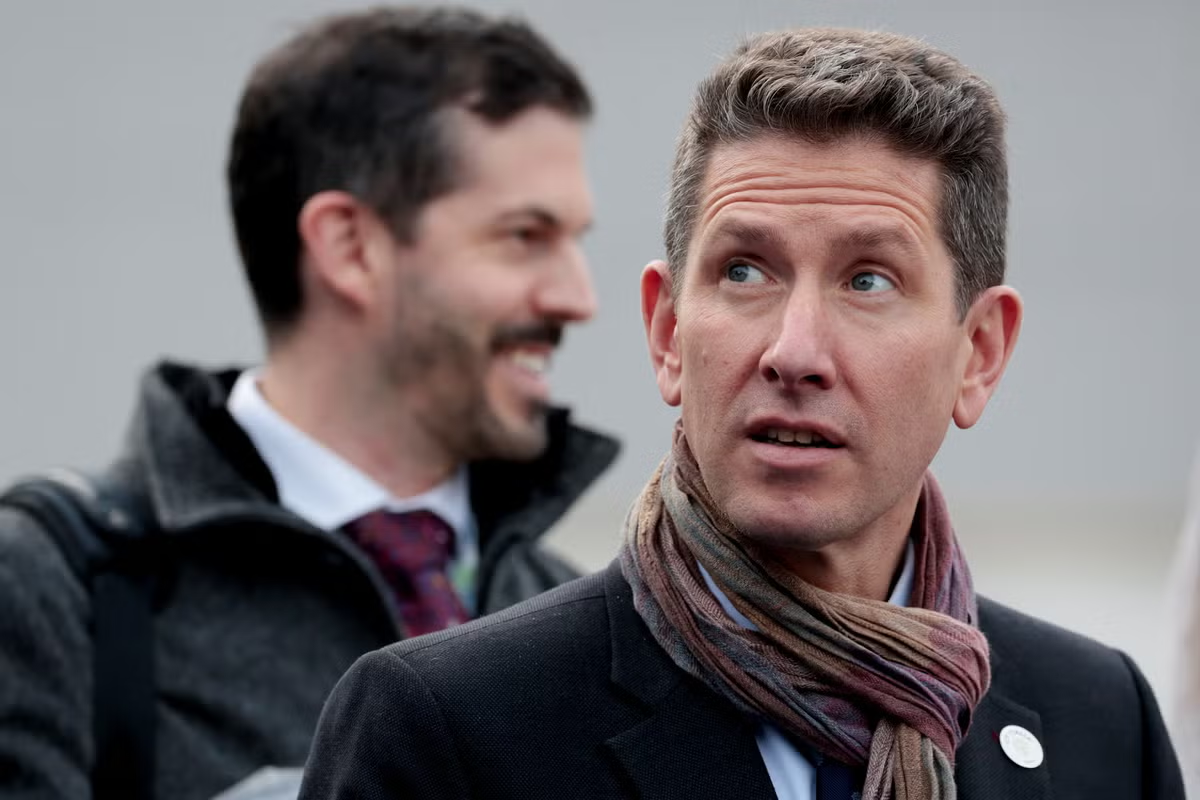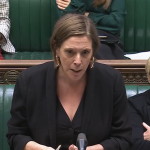he Conservative Party’s chairman has said it was a “difficult night for the party,” with the Tories losing council seats in the local elections.
Labour has made gains nationwide which could reflect the nation’s mood as well as issues that affect voters more locally.
Tory chairman Greg Hands told GB News: “We always said it would be a difficult night for the party, the independent projections were all that we were going to lose 1,000 seats.”
Local elections are often seen as a bellwether as to how a generation election will pan out and these results may discourage Rishi Sunak from calling one early.
So when is the next UK general election, what are the rules about calling one, and how does it all work?
When is the next UK general election?
The maximum term for Parliament is five years. As the current Parliament first met on December 17, 2019, it will be automatically dissolved on December 17, 2024.
This means that the next UK general election is not due until January 2025.
Polling day would take place 25 days later, which would result in the January 2025 date. However, King Charles could dissolve Parliament before this date.
Elections, however, are traditionally held on the first Thursday of May.
When was the last general election?
The last general election was on December 12, 2019. The Conservative Party won a landslide majority of 80 seats after winning 43.6 per cent of the popular vote — the highest percentage for any party since 1979. The prime minister at the time, Boris Johnson, called the election after months of parliamentary deadlock that delayed Brexit.
There was another general election in 2017, called by then-prime minister Theresa May in the hope of strengthening her hand in the Brexit negotiations.
At this time, a general election wasn’t due until 2020.
When can a general election be held?
The Fixed-Term Parliament Act of 2011 created fixed five-year periods between elections and allowed earlier elections only in specific circumstances.
These are if two-thirds of MPs vote for an early general election; or if the House of Commons votes no confidence in the Government and fails to pass a motion of confidence in any government within 14 calendar days, according to the Institute for Government.
The House of Commons chose to hold earlier general elections in 2017 and 2019.
On March 24, 2022, the Government repealed the Fixed-Term Parliaments Act. This means that the King can dissolve the Government at the request of the prime minister, which will lead to a general election.
When the act was repealed, Minister for the Cabinet Office Michael Ellis said: “The Fixed-Term Parliaments Act was not fit for purpose, causing constitutional chaos in 2019 and delaying the Government acting on people’s priorities.
“At critical moments, we must trust the British public’s good judgement. Elections give the public a voice, and it’s right that we return to a tried-and-tested system that allows them to take place when needed.”
As a result, the prime minister can request a dissolution from the King which, if granted, would allow them to call a general election at any time.
Why are elections held on a Thursday?
Every general election since 1931 has been held on a Thursday.
It was suggested that this would encourage more people to vote. It has been thought that elections on a Friday would have had lower turnouts given people’s desire to begin their weekends.
Saturday and Sunday were believed to have been ruled out given the need to pay extra for polling staff (typically local council employees) to work at the weekend.











